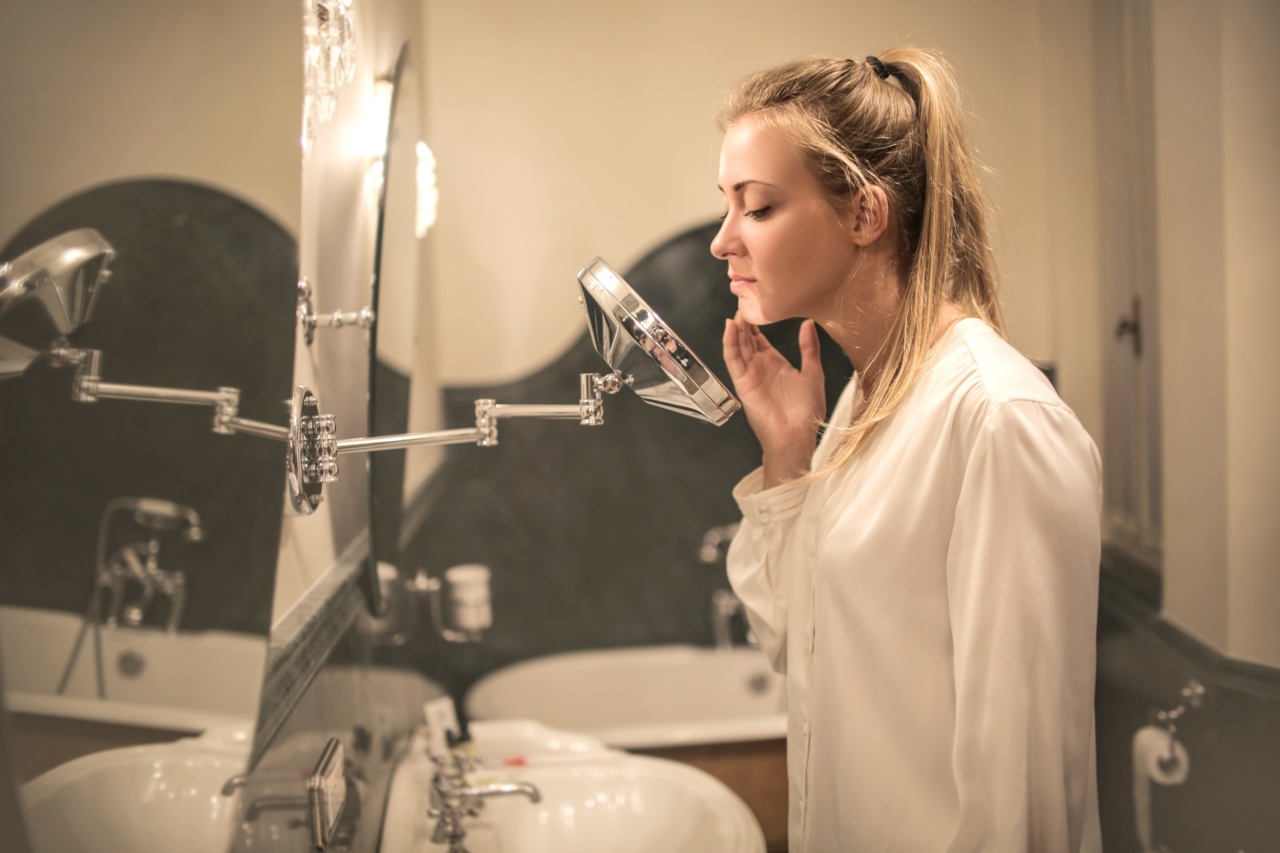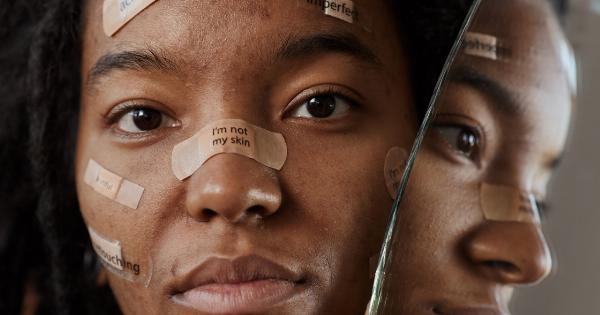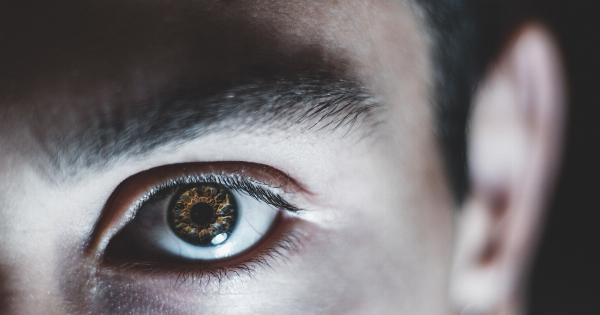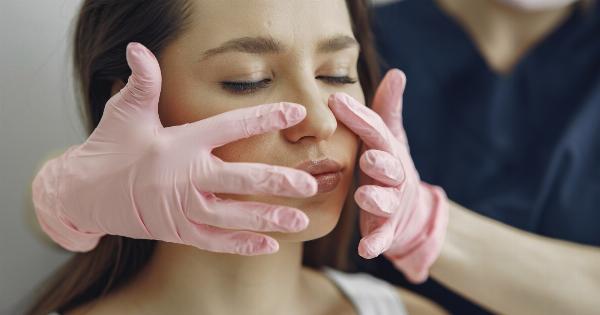Acne is a common skin condition that affects millions of people worldwide. While the exact cause of acne is still not fully understood, it is believed to be a result of several factors, including hormonal changes, genetics, and lifestyle habits.
In particular, certain everyday habits can contribute to the development and worsening of acne. In this article, we will explore some of these habits and their effects on acne-prone skin.
1. Not Properly Cleansing Your Face
One of the most common mistakes people with acne make is not properly cleansing their face. Failing to cleanse your face thoroughly can lead to the buildup of dirt, dead skin cells, and excess oil, clogging your pores and causing breakouts.
To prevent this, it is essential to wash your face twice a day using a gentle cleanser specifically formulated for acne-prone skin.
2. Overwashing Your Face
While not properly cleansing your face can worsen acne, overwashing your face can also have detrimental effects. Excessive washing can strip your skin of its natural oils, leading to increased oil production to compensate.
This excess oil can clog pores, leading to more acne breakouts. Stick to washing your face twice a day to maintain a balanced oil production.
3. Using Harsh Scrubs
Many people believe that scrubbing their face vigorously will help get rid of acne. However, using harsh scrubs can irritate the skin and worsen acne.
Abrasive scrubs can cause micro-tears on the skin’s surface, making it more vulnerable to bacteria and inflammation. Instead, opt for gentle exfoliators with fine particles or chemical exfoliants containing salicylic acid or glycolic acid.
4. Picking or Squeezing Pimples
We understand the temptation to pick at or pop a pimple, but doing so can have serious consequences for your skin. Picking and squeezing pimples can introduce bacteria into the surrounding area, leading to more breakouts.
It can also cause inflammation and scarring, making your acne more difficult to treat. Avoid touching or picking at your acne and allow it to heal naturally.
5. Using Heavy Makeup
Applying heavy makeup can clog your pores and worsen acne. Some cosmetic products contain ingredients that can trigger breakouts or irritate the skin. If you have acne-prone skin, opt for non-comedogenic or oil-free makeup products.
These products are formulated to not clog pores and are less likely to cause breakouts.
6. Not Cleaning Your Makeup Brushes
Makeup brushes and sponges can harbor bacteria, oil, and dead skin cells if not cleaned regularly. When you apply makeup with dirty brushes, you’re essentially spreading these impurities onto your skin, which can contribute to acne breakouts.
Clean your makeup brushes and sponges at least once a week using a gentle cleanser or baby shampoo.
7. Using Dirty Pillowcases
Your pillowcase collects dirt, oil, and bacteria from your face and hair every night.
If you don’t wash your pillowcases regularly, you’re essentially pressing your face onto these impurities for hours each night, which can contribute to acne breakouts. Be sure to wash your pillowcases every week to keep them clean and acne-friendly.
8. Not Managing Stress
Stress doesn’t directly cause acne, but it can exacerbate it. When you’re stressed, your body releases stress hormones, such as cortisol, which can increase oil production and inflammation in the skin, leading to breakouts.
Find healthy ways to manage stress, such as exercise, meditation, or engaging in hobbies you enjoy.
9. Consuming a Poor Diet
While diet alone may not be the sole cause of acne, certain foods can trigger or worsen breakouts in some people.
High-glycemic foods, such as sugary snacks and processed carbohydrates, can increase inflammation and insulin levels, potentially leading to more acne. Dairy products and foods rich in saturated fats may also contribute to acne. Opt for a balanced diet rich in fruits, vegetables, whole grains, and lean proteins.
10. Not Seeking Professional Help
If you’re struggling with persistent or severe acne, it’s important to seek professional help. A dermatologist can assess your skin and recommend appropriate treatments tailored to your specific needs.
They may prescribe topical or oral medications, perform procedures like chemical peels or extractions, or suggest lifestyle changes that can help improve your acne.





























